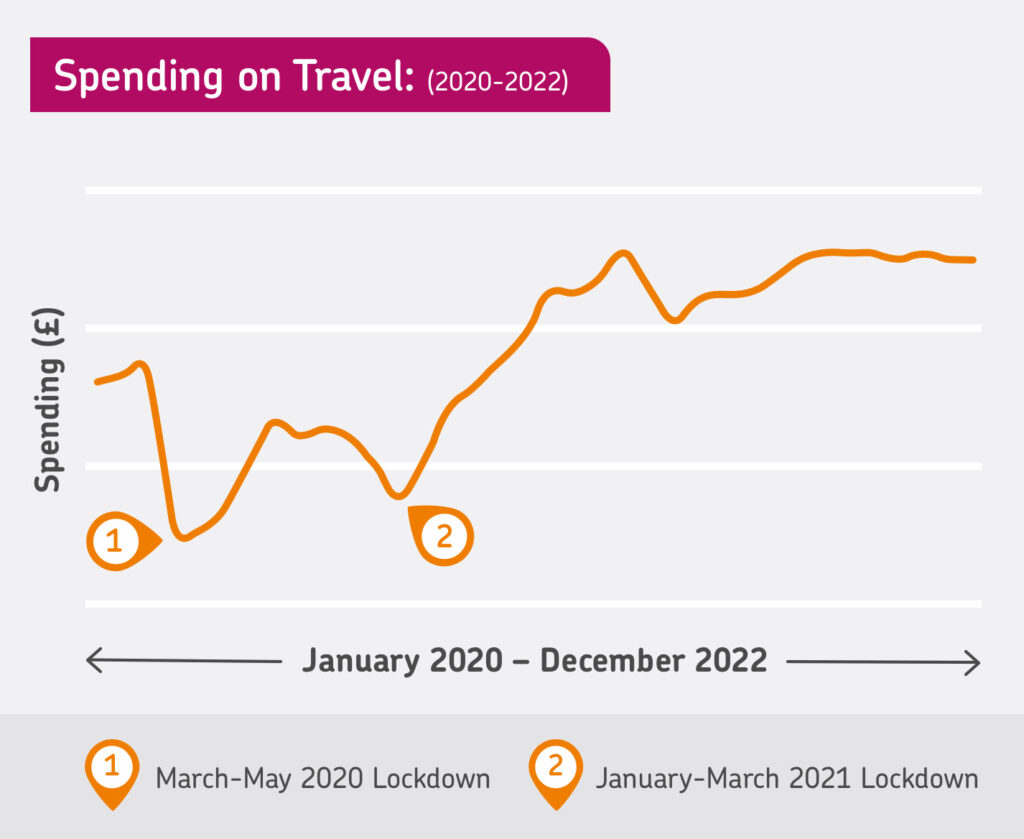
UK digital payment solutions provider takepayments has released their UK Spending Index, which analysed millions of card payments to reveal how consumer spending habits have changed from 2020-22.
Some of the key findings from the data regarding the travel industry are:
The travel industry saw the highest amount of growth year on year, with a 32% increase in spending from 2021-2022. Consumer spending in the travel sector has grown 116% since 2020 as travel restrictions eased. Health & Leisure Spending increased 20% year on year.
Despite Cost-of-Living challenges, 61% of Brits interviewed by ABTA in its Holiday Habits report said they were still planning a holiday abroad in 2023, and 29% of people are planning to take an all-inclusive holiday in 2023 to help them manage their finances.

Jodie Wilkinson, Head of Strategic Partnerships at takepayments, said in response to the data: “It’s interesting to see that despite the increasing cost of living in 2022, UK consumers continued to spend money on travel and leisure activities. A significant contributing factor to the increase is the travel lockdowns that were in effect at the start of 2021. Even so, spending on travel in Q3 and Q4 of 2022 was up 10% compared to 2021, when there were no travel restrictions.
“Hotels also saw a jump in spending in 2022; our data showed a year-on-year increase of 10.2%. This increase in spending is primarily influenced by the increasing prices that customers and businesses face in this sector.
“It’s likely that many people will be looking to save money on travel and leisure in 2023 as the cost of essentials like bills and food continue to grow, but the data says people will still try to prioritise holidays. It will be fascinating to see what the response is from the travel industry.”
Overall findings from the Spending Index also revealed: UK consumer spending in 2022 was 21% higher than in 2021 as the post-pandemic boom meets inflation. Spending in restaurants and bars increased 20% in 2022, while many other industries declined



 share
share









































